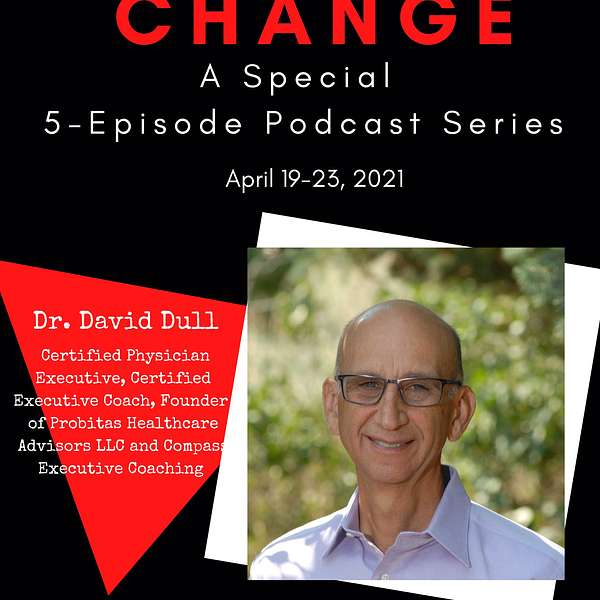
Leadership Uncensored with host Dawn Emerick, EdD
Where Real Leaders Talk About the Hard Stuff
Welcome to Leadership Uncensored—the podcast that cuts through the polished scripts and curated personas to bring you raw, real, and unfiltered conversations about what it truly means to lead in today’s world.
Hosted by Dr. Dawn Emerick, a national voice in trauma-informed leadership and systems change, this podcast goes beyond buzzwords to explore the messy, meaningful, and transformative moments of leadership. Whether you're a seasoned executive, a changemaker in the making, or someone navigating the tension between personal healing and professional growth, Leadership Uncensored is your space.
Each episode features courageous conversations with leaders across sectors—corporate, nonprofit, government, and education—who are willing to pull back the curtain. We talk burnout, breakthrough, betrayal, bias, boundaries, and becoming. No fluff. No filters. Just truth.
Leadership Uncensored with host Dawn Emerick, EdD
Season 2, Episode 9: Dr. David Dull. Ensuring that History Doesn’t Repeat Itself: Leadership Lessons from the Pandemic.
5-Part Special Series on Change
3 of 5 Podcasts on Change: Dr. David Dull is an anesthesiologist, certified physician executive and certified executive coach. He received his Master of Medical Management from Carnegie Mellon University. He is founder of Probitas Healthcare Advisors LLC and Compass Executive Coaching. He is on the faculty at Georgetown University where he teaches Health Care Leadership. Using frameworks developed over the course of his career, David has enabled physician leaders to implement strategic initiatives, improve clinical quality, enhance team communication, transition from clinical care to executive roles and advance their careers. David works with physicians labeled as “disruptive” to help them understand the impact of their behavior and modify their interactions, enabling these individuals to become constructive members of the health care team, with resultant high performance in clinical and administrative arenas.
Businesses must constantly transform and adapt to meet a variety of challenges—from changes in technology, to the rise of new competitors, to a shift in laws, regulations, or underlying economic trends. Failure to do so could lead to loss of talent, stagnation or, worse, failure. Change has a starting point (current state) and an end point (future state) and right in the middle are people. Business sectors are still responding to the prolonged COVID crisis, which has impacted—and sometimes traumatized—each member of the workforce in unique ways. Countless stories of toxic work environments and people not being their “best selves” are surfacing in video blogs and HR complaints, to name a couple. Leading dynamic organizations through any type of change is difficult, and it’s even harder when employees are experiencing high levels of emotional distress inside and outside of the workplace.